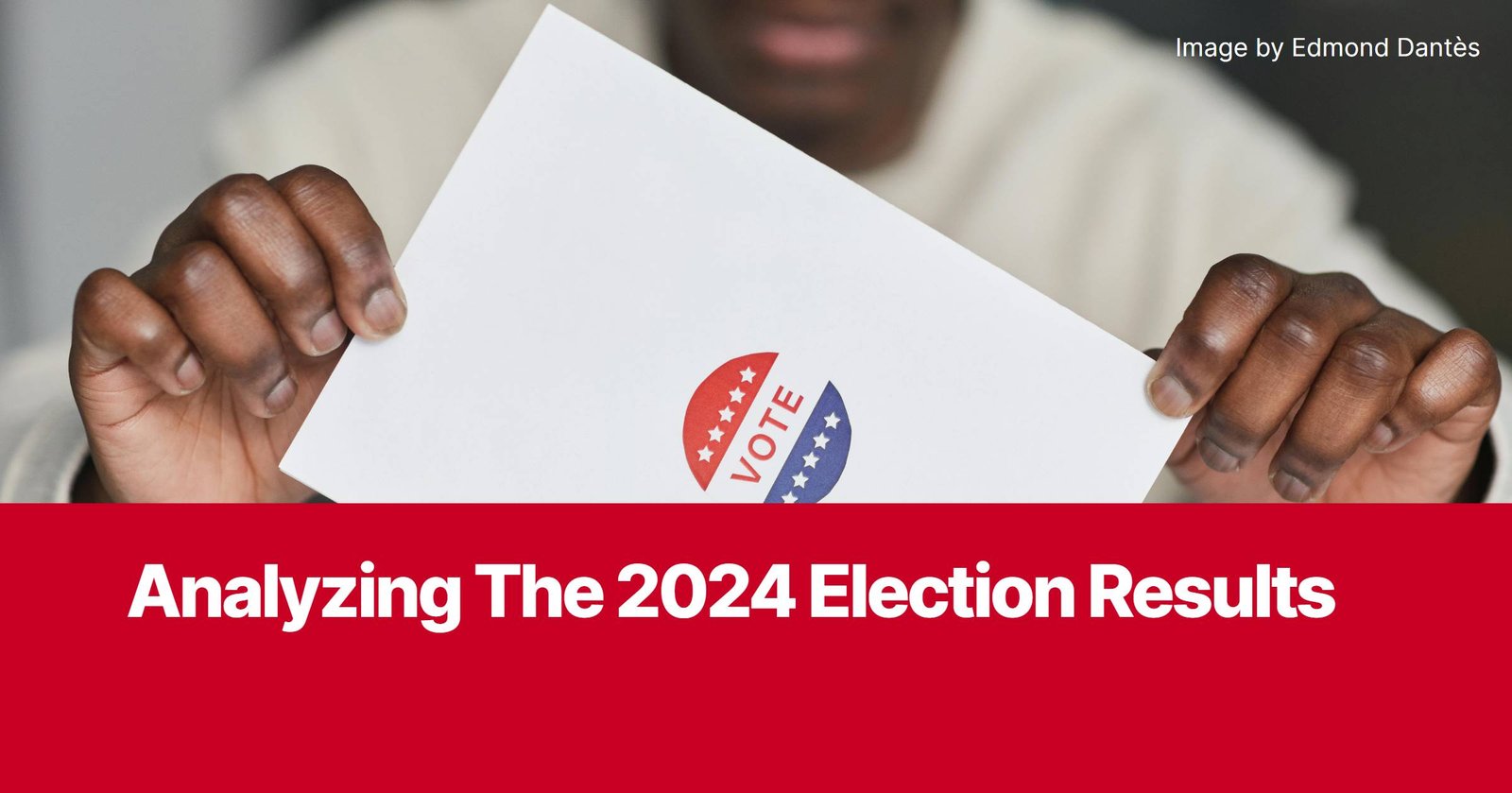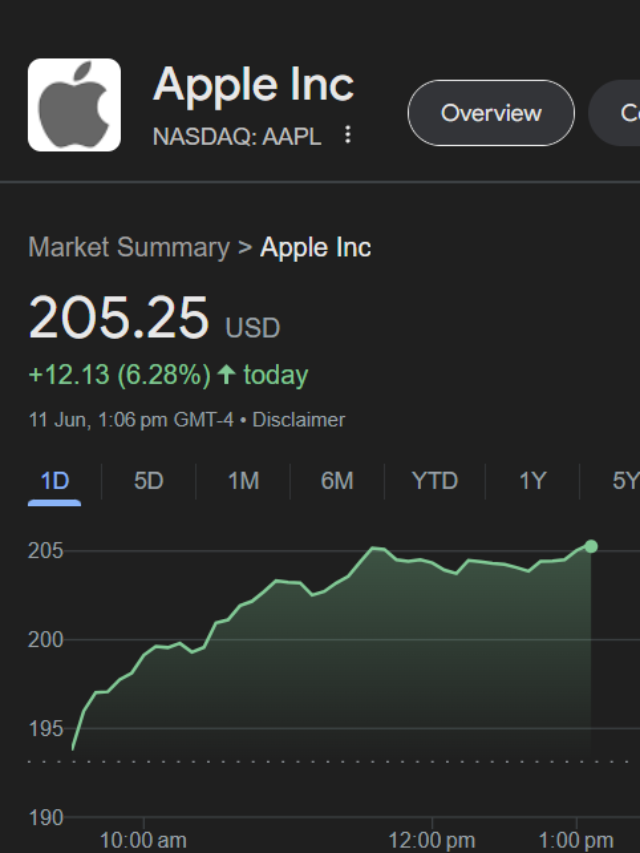The 2024 presidential election has concluded, marking a significant shift in the American political landscape with the return of Donald Trump to the White House. While the final vote counts are still being tallied in some areas, a clear picture is emerging of the demographic trends that propelled this unexpected outcome. Beyond the electoral college math, the popular vote reveals a deeper story about the anxieties, desires, and evolving political allegiances of the American electorate.
One of the most striking narratives of this election is the surprising inroads Trump made across a broad spectrum of demographic groups, even gaining ground in traditionally Democratic strongholds. While the country remains deeply divided politically, the uniformity of the swing towards Trump across numerous states suggests a widespread desire for change and a rejection of the current administration. This shift was evident even in states like Massachusetts and the District of Columbia, where Trump improved his performance compared to the 2020 election. This is not to suggest a sudden disappearance of the stark political divisions in the US, but rather an indication of a significant movement among voters in the political center.

Early analysis suggests that economic anxiety played a pivotal role in shaping voter choices. The rising cost of living, particularly inflation’s impact on everyday expenses, appears to have been a major concern for many voters. Exit polls indicate a strong correlation between economic concerns and support for Trump, with a large percentage of voters prioritizing the economy choosing the Republican candidate. This resonates with historical trends, where presidential success has often been linked to perceptions of economic growth and stability. While the economy has seen improvements since the last election, these gains have clearly not been felt universally, and the anxieties around financial stability are still very real for a significant portion of the electorate. It’s important to note the nuanced relationship voters have with economic policy. While some voters may favor reduced government spending, others support increased investment in social programs. This complex interplay of economic priorities further complicates the task of interpreting the election results solely through an economic lens.
Beyond economic issues, other key factors influenced voter decisions. Abortion rights emerged as a powerful motivator, particularly for Harris voters, following the Supreme Court’s decision to overturn Roe v. Wade. Healthcare, climate change, and immigration also ranked as important issues for various segments of the electorate, further demonstrating the multifaceted nature of voter concerns. Immigration, in particular, highlights the growing polarization on this issue, with increasing support for restrictive policies on one side and more open policies on the other. This deep divide has created a stalemate in immigration reform, further fueling voter frustration and potentially influencing election outcomes.
The 2024 election also exposed a growing disillusionment with the established political system, particularly among younger voters. A significant portion of Generation Z and Millennials identify as independent, indicating a potential shift away from traditional party affiliations. This trend was reflected in pre-election polling, which suggested a considerable number of young voters were considering supporting independent candidates. This growing detachment from traditional party politics could explain the reported lower voter turnout compared to the 2020 election. This underscores the importance of understanding the specific motivations and concerns of this increasingly influential demographic.
While early voting saw record numbers, with millions of ballots cast before Election Day, there were concerns about potential discrepancies in early voting patterns. Reports suggested a possible disparity in early voting between Republican and Democratic voters, with one party potentially having a larger share of early votes. This adds another layer of complexity to the analysis of election results and emphasizes the need for thorough examination of voting patterns across different demographics and voting methods.
In conclusion, the 2024 presidential election results reflect a complex interplay of economic anxieties, social issues, and evolving political alignments. The surprising success of Trump highlights the importance of understanding the diverse motivations of the American electorate and the shifting demographics that are shaping the future of American politics. While the initial results offer a glimpse into these trends, further analysis is needed to fully grasp the nuances of this pivotal election and its implications for the years to come. The focus on particular demographic groups, like young male voters and Latino communities, reveals the targeted strategies employed by campaigns and the evolving loyalties within these groups. As the dust settles, it is essential to go beyond the headlines and delve into the data to understand the underlying currents driving this shift in American political sentiment.



















